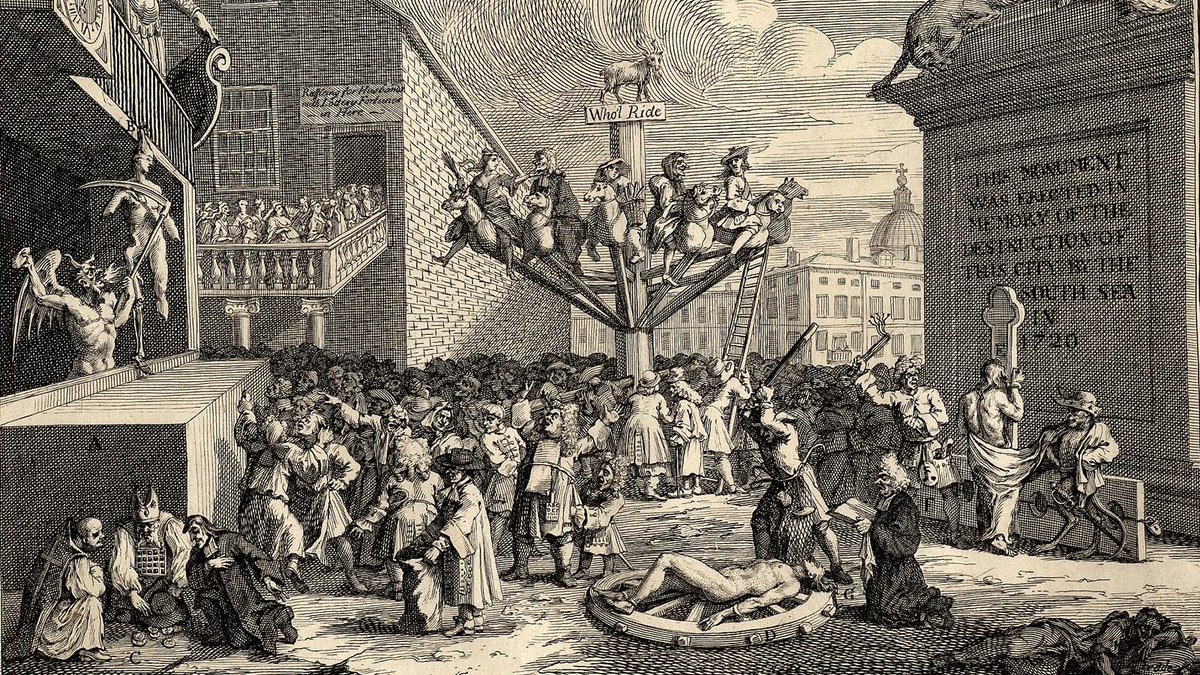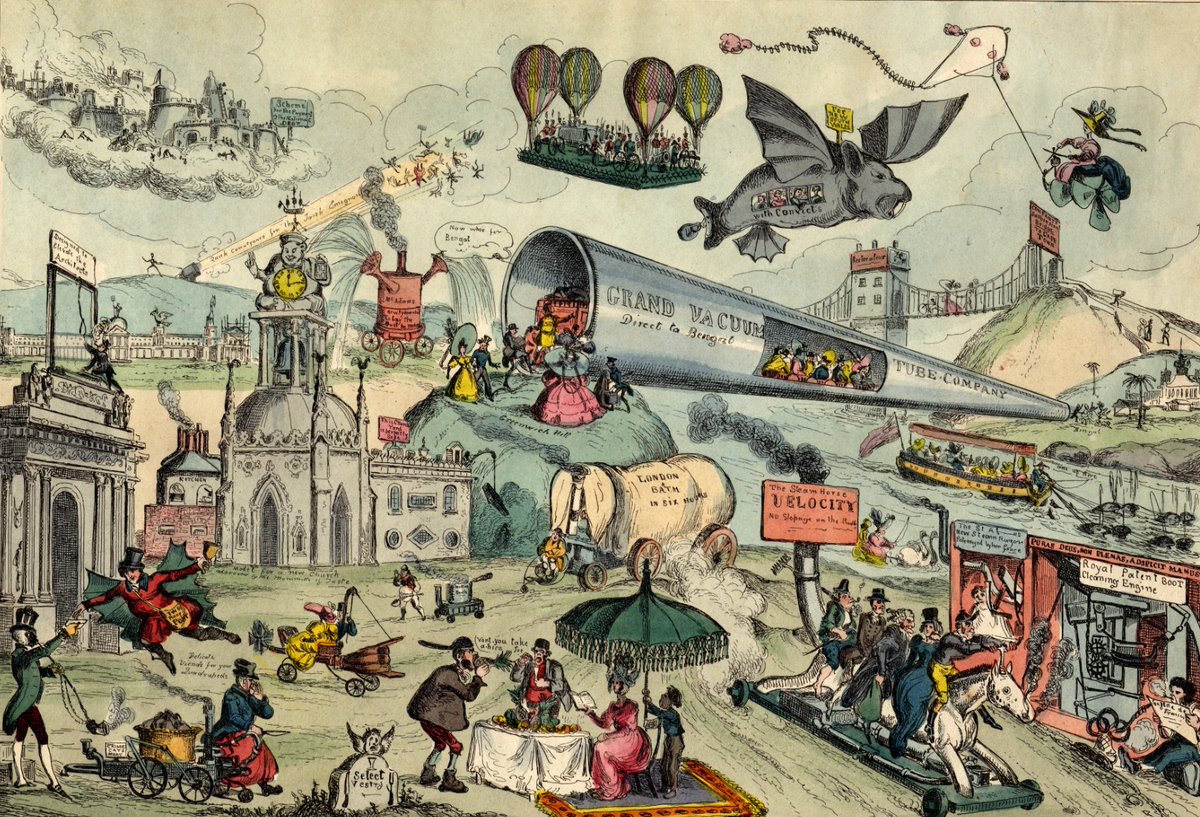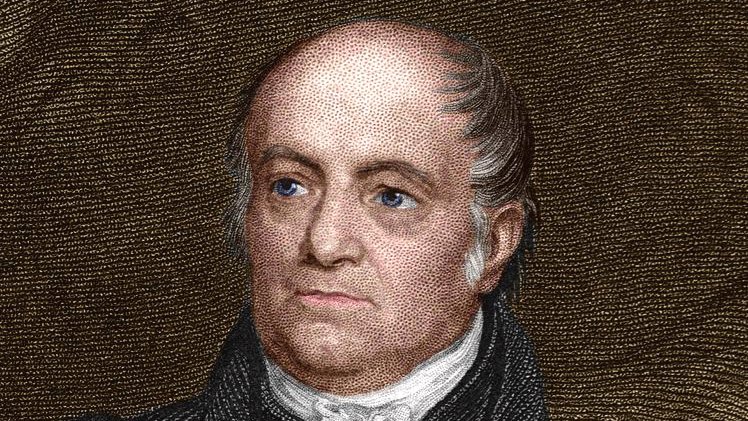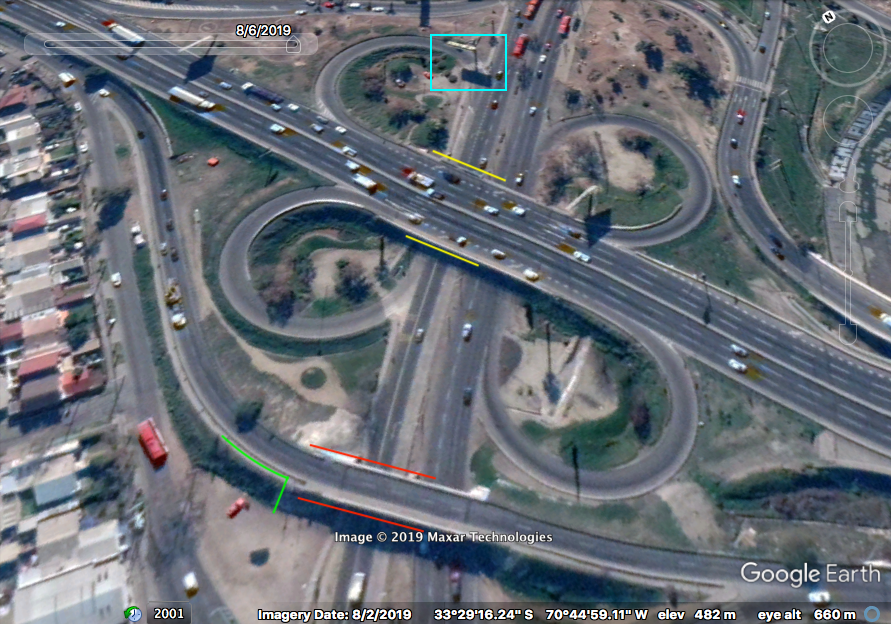Why did the government allow this?
By allowing the state to borrow more cheaply, it would more easily be able to wage war. It was a plan to boost French military might.
Law's scheme relied on printing a paper currency using his bank, with which he encouraged people to buy shares in the Company of the Indies -the only company left to buy shares in, following the mergers.
But he printed too much.
But the event had long-lasting implications.
But that wasn't the worst of it.
But this is simply incorrect. It was actually the result of lobbying by the South Sea Company itself.
But the overall, astonishing result of the Bubble Act was this:
See more here: antonhowes.substack.com/p/age-of-inven…














